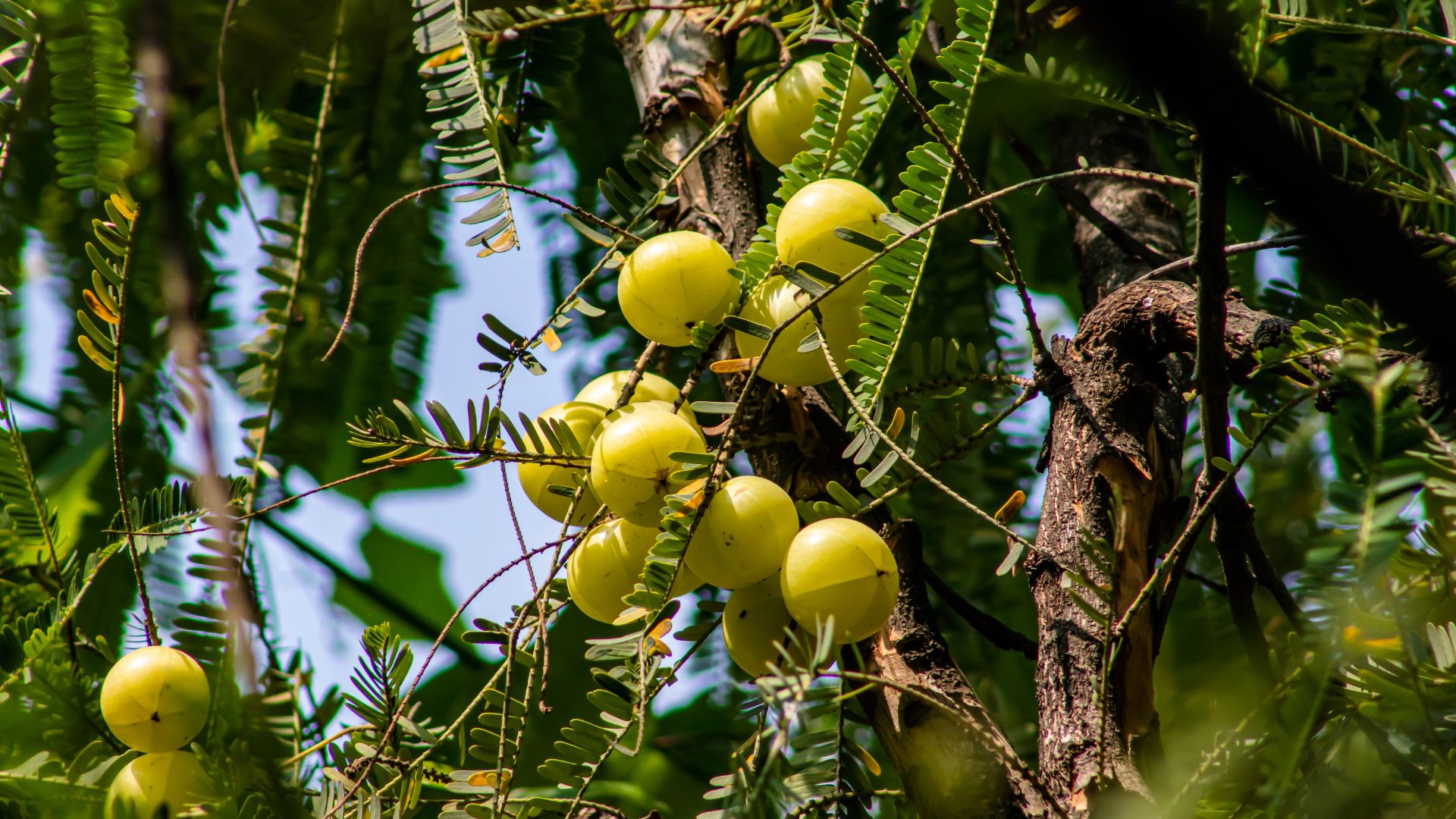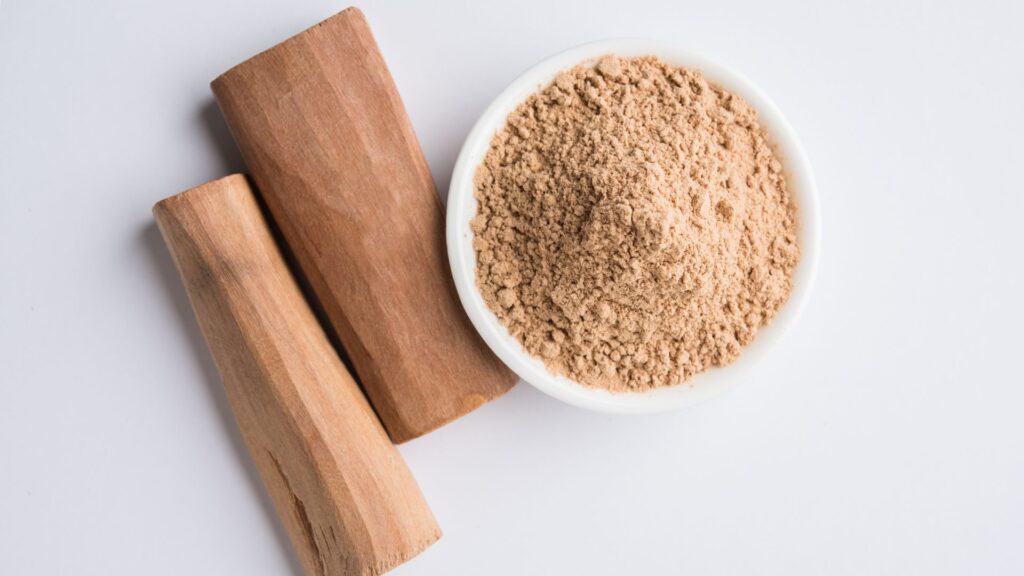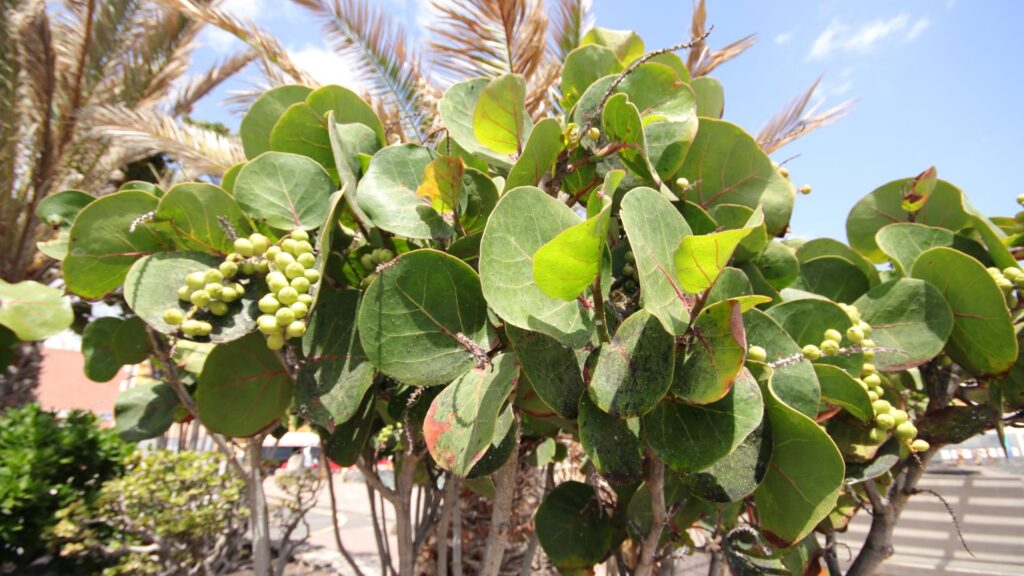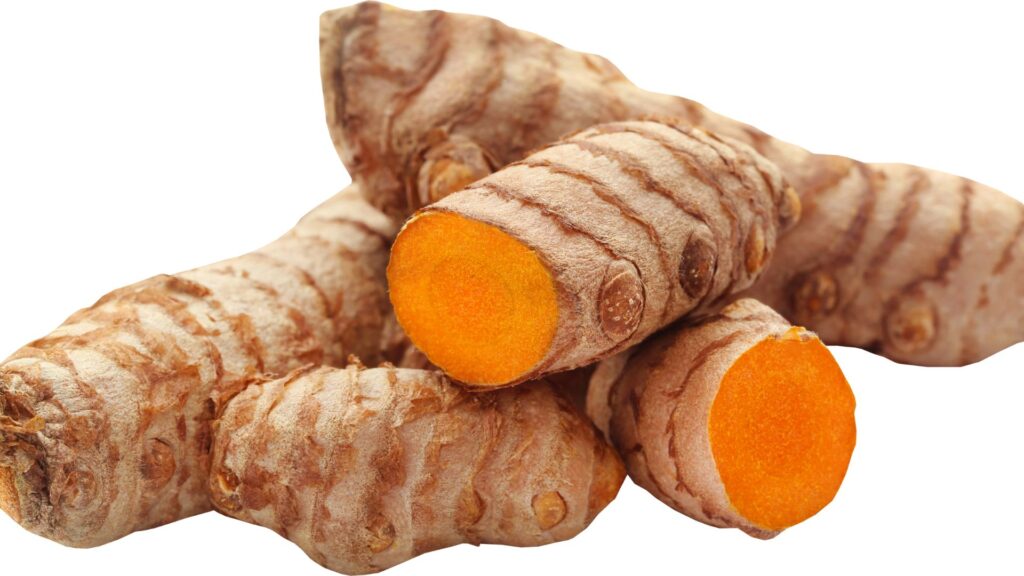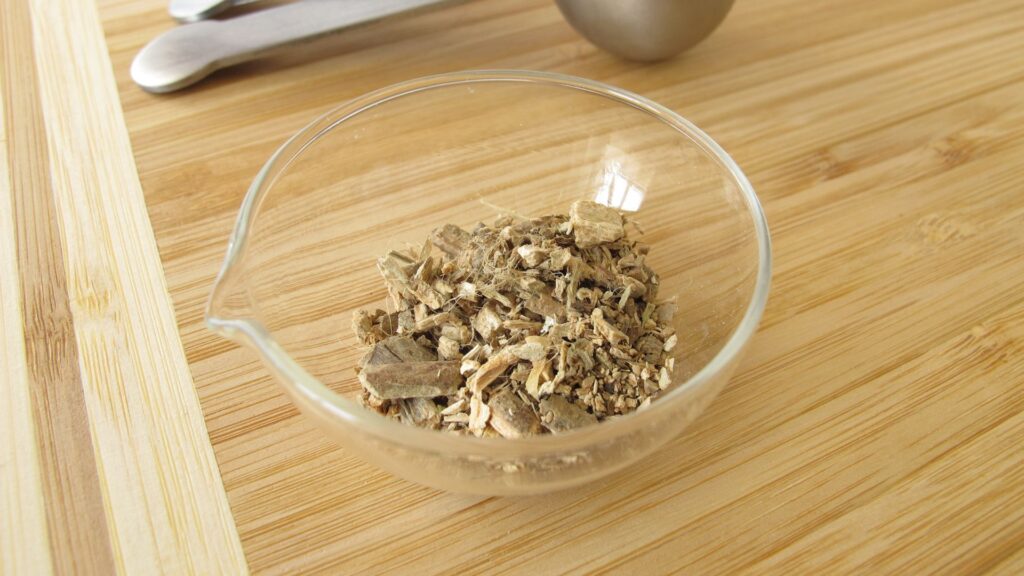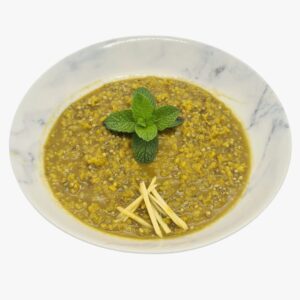Phyllanthus Embelica, commonly known as Amalaki or Indian Gooseberry, holds a significant place in Ayurveda for its diverse contributions to skin health. According to Ayurvedic principles, Amalaki offers the following benefits for the skin:
- Antioxidant Properties: Amalaki is known for its potent antioxidant properties, aiding in the protection of the skin from oxidative stress and environmental damage, promoting overall skin vitality and resilience.
- Collagen Synthesis: It supports collagen synthesis, contributing to skin firmness, elasticity, and overall youthful appearance, making it an essential component in anti-aging skincare regimens.
- Detoxification Support: Amalaki aids in the detoxification of the skin, helping to eliminate toxins and impurities and promoting a clearer and more radiant complexion.
- Skin Rejuvenation: It aids in the rejuvenation of the skin, promoting the natural regenerative processes of the skin and aiding in the repair of damaged skin cells.
In Ayurvedic practice, Phyllanthus Embelica (Amalaki) is valued for its holistic contributions to skincare, catering to various skin concerns and types, and promoting overall skin health and vitality.
Now, regarding the vitamins, minerals, alkaloids, and other beneficial components present in Phyllanthus Embelica (Amalaki) and their contributions to skin health, the available research indicates the presence of specific elements that are beneficial for the skin, including:
- Vitamin C: Amalaki is a rich source of vitamin C, known for its antioxidant properties and its role in promoting collagen synthesis, skin firmness, and overall skin vitality.
- Tannins: Tannins present in Amalaki contribute to its astringent effects, aiding in toning the skin and supporting its overall health and resilience.
- Flavonoids: The presence of flavonoids in Amalaki contributes to its anti-inflammatory and antimicrobial properties, supporting the skin’s health and protecting it from various skin concerns.
- Polyphenols: Amalaki contains polyphenols that contribute to its antioxidant effects, aiding in the protection of the skin from oxidative damage and promoting overall skin well-being.
These components collectively contribute to the positive impact of Phyllanthus Embelica (Amalaki) on skin health, making it a valuable ingredient in skincare formulations and routines.
References:
- “The Complete Illustrated Guide to Ayurveda” by Gopi Warrier
- “Ayurveda: The Science of Self Healing” by Dr. Vasant Lad
- “Textbook of Ayurveda: A Complete Guide to Clinical Assessment” by Vasant Lad and David Frawley
- “The Yoga of Herbs: An Ayurvedic Guide to Herbal Medicine” by David Frawley and Vasant Lad
- “Ayurvedic Healing: A Comprehensive Guide” by David Frawley
- “Medicinal Plants in Skin Care and Cosmetics” by Edward R. Farnworth
- “Textbook of Cosmetic Dermatology” edited by Robert Baran and Howard I. Maibach
- “Skin Care and Repair” by Raja K. Sivamani and Jared R. Jagdeo
- “Botanicals: A Phytocosmetic Desk Reference” by Vinod K. Joshi
- “Cosmeceuticals: Drugs vs. Cosmetics” by Peter Elsner and Howard I. Maibach

